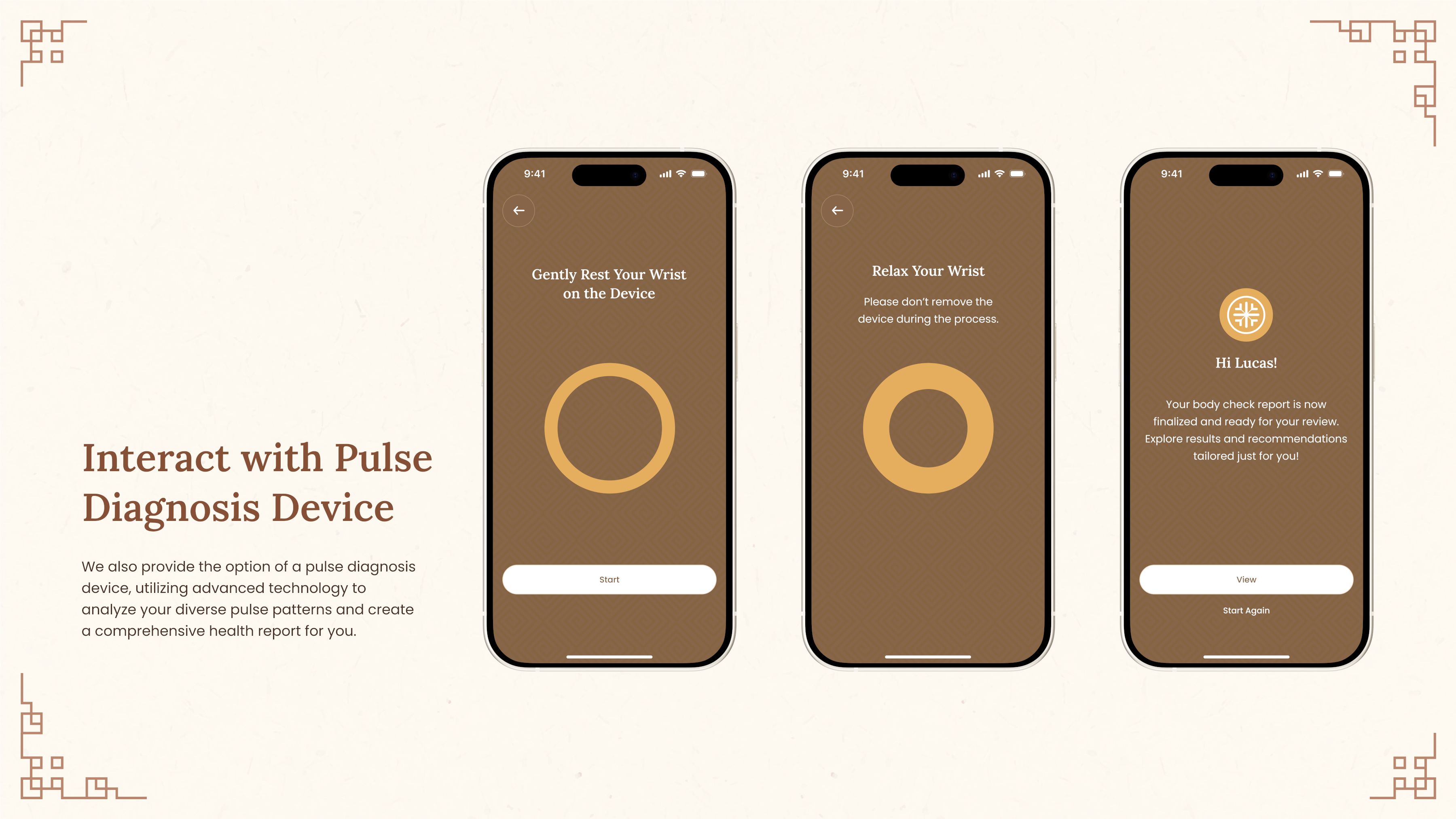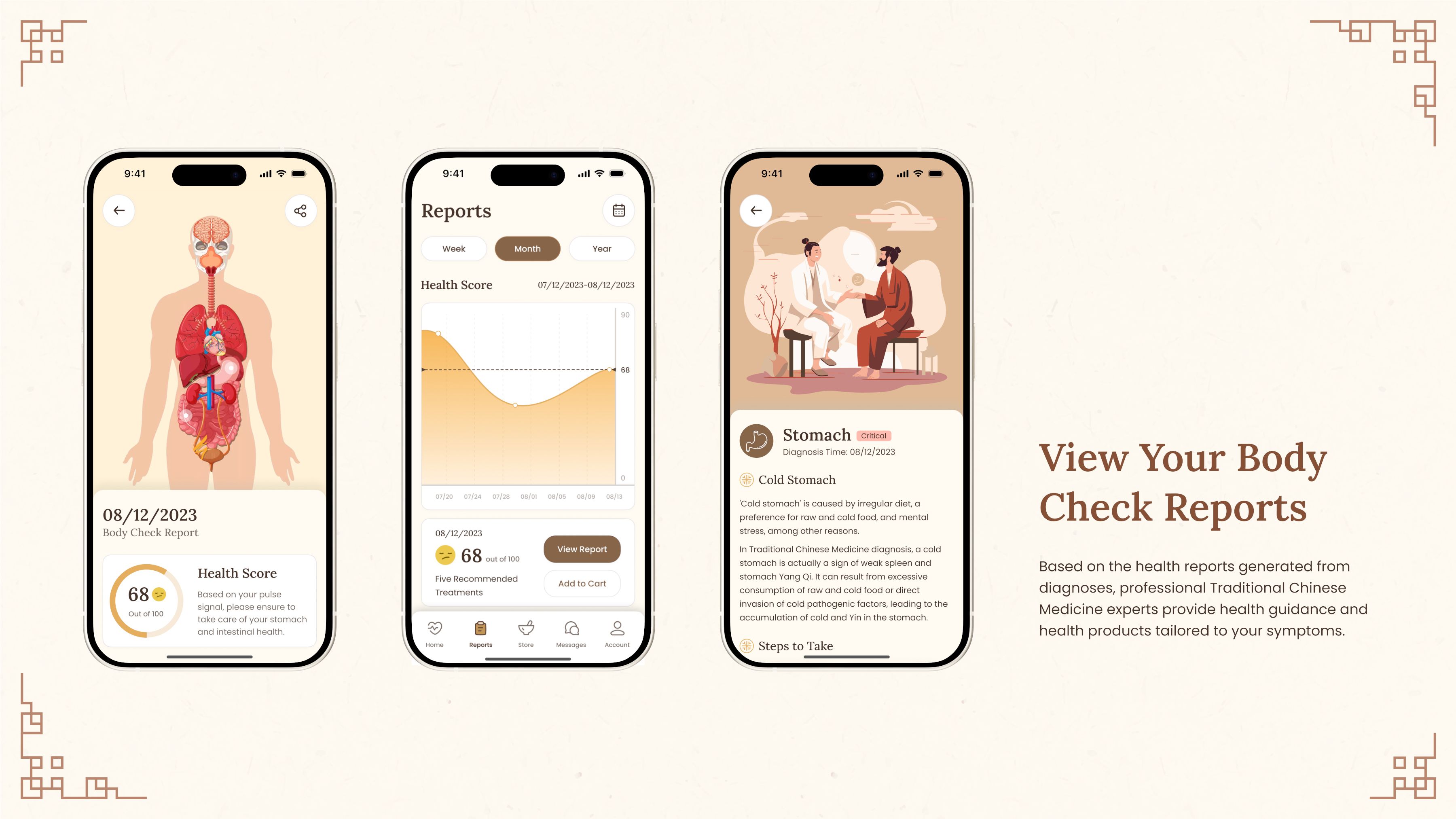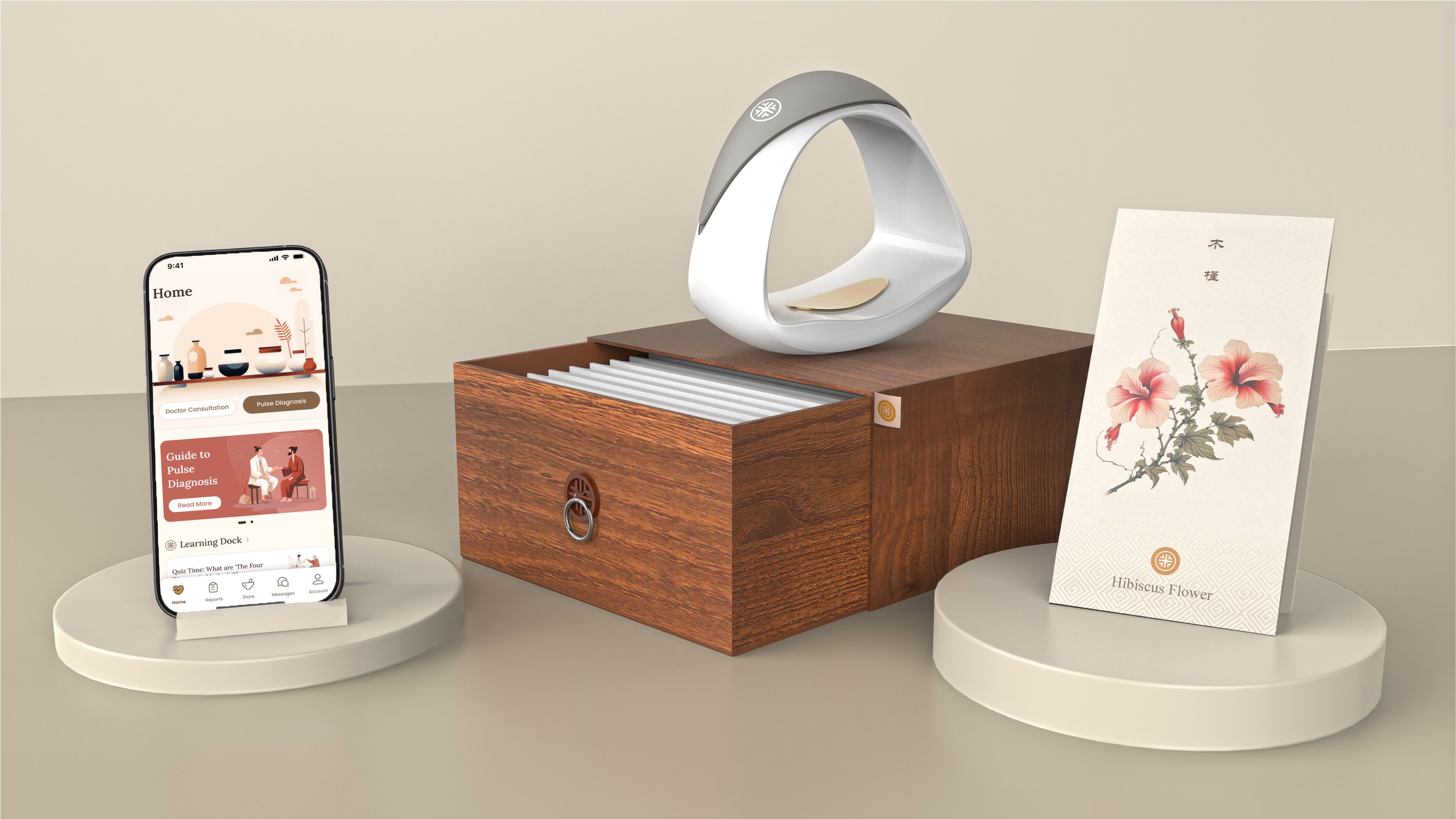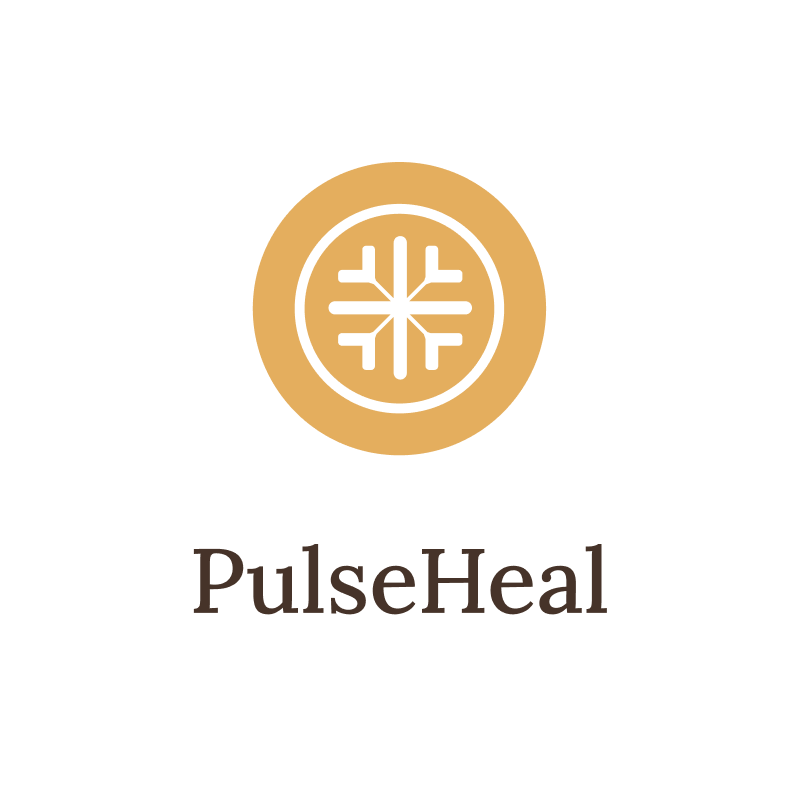
Designers
Sirui Li, Xiesiyuan Shu, Jessica Kewei Lin
Year
2024
Category
Concept
Country
United States
Design Studio / Department
Health
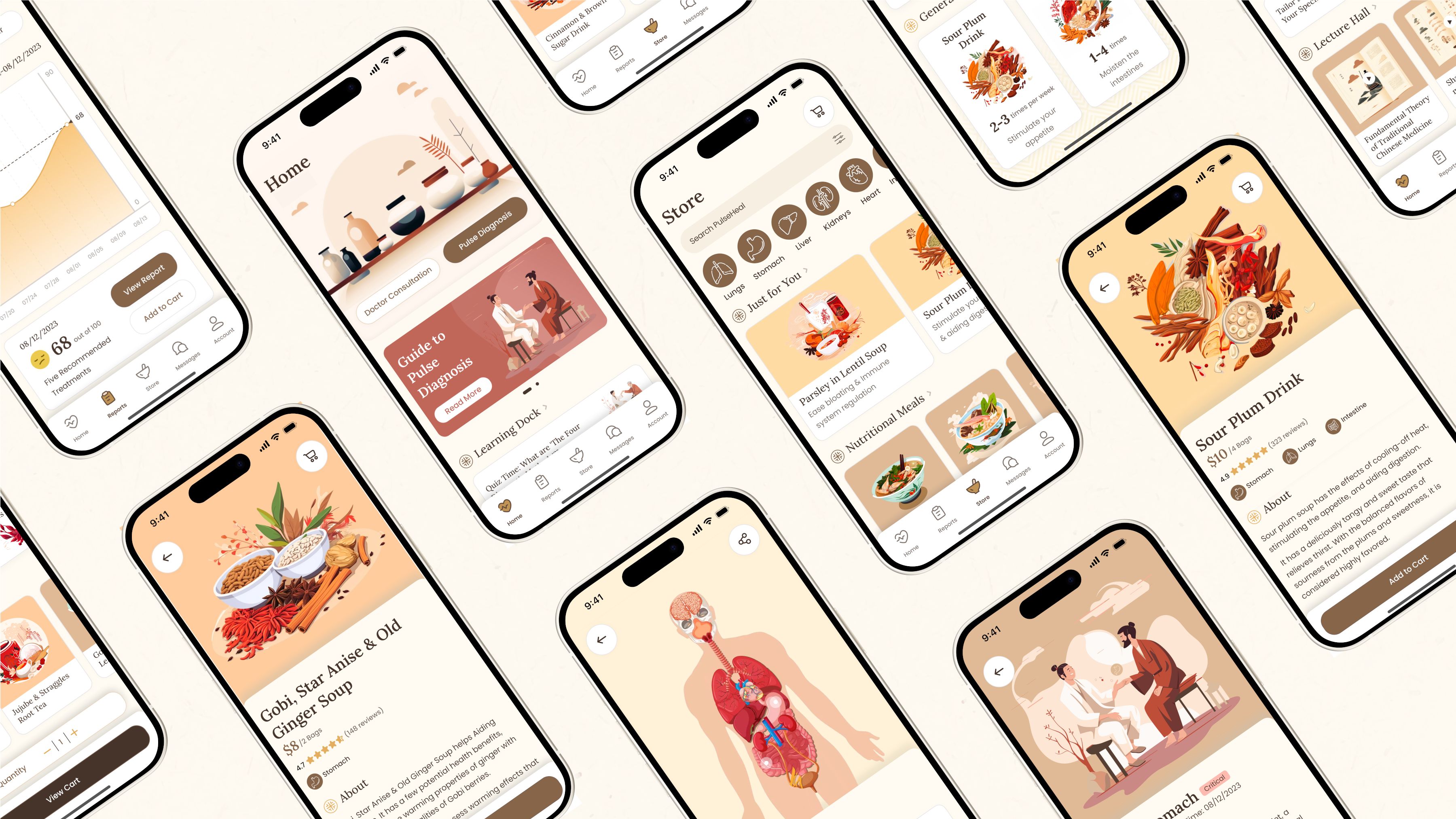
Three questions for the project team
What was the particular challenge of the project from a UX point of view?
Our research process presents its challenges. Traditional Chinese Medicine (TCM) encompasses a broad spectrum, including herbs, acupuncture, pulse diagnosis, and more. Navigating this vast field to pinpoint our focus is intricate. Should we emphasize spreading knowledge about herbs, providing acupuncture treatments, or facilitating e-commerce purchases? To address this, we initiated interviews to identify specific pain points. Our findings revealed that users prioritize comfort and holistic body nourishment, aiming to enhance their physical well-being. Based on this research, we decided to develop an all-in-one platform for Chinese Medicine (TCM) with diagnosis, consultation, and procurement.
What was your personal highlight in the development process? Was there an aha!-moment, was there a low point?
Amidst the multitude of applications related to Traditional Chinese Medicine (TCM), ranging from spreading knowledge to simple diagnosis, we felt immense pressure due to the abundance of precedents. Thus, the moment we conceived the idea of establishing an all-in-one online platform integrating TCM diagnosis, consultation, and procurement was truly inspiring! It became evident that no precedents existed to fulfill all the requirements for users seeking TCM services online.
Where do you see yourself and the project in the next five years?
In the future, the three of us aspire to be user experience designers with a focus on human wellness and technology, contributing to societal progress through our humanistic values and design expertise. Pulseheal introduces a novel approach to improving users' physical fitness and operates as an integrated platform combining diagnostic, reporting, and purchasing functions. It will not only broaden employment opportunities for Traditional Chinese Medicine (TCM) practitioners but also advocate preventive healthcare education to alleviate pressure on healthcare systems in the long run. Furthermore, it will foster cultural appreciation by reviving ancient health knowledge and intercultural awareness.
